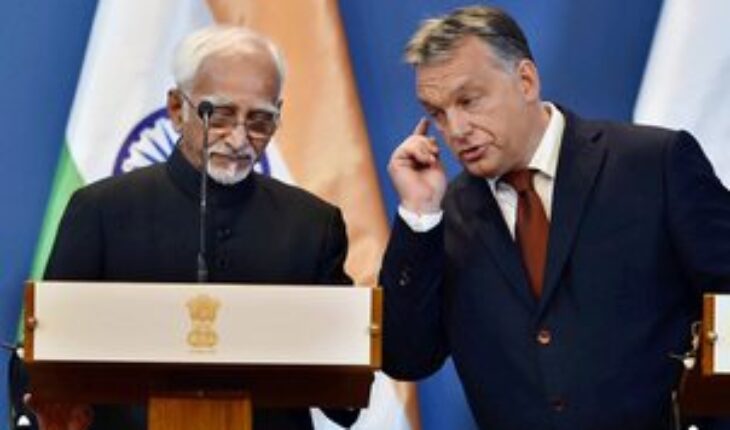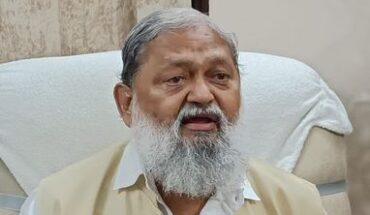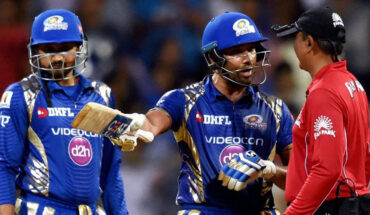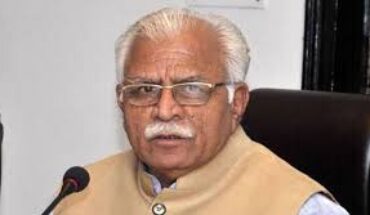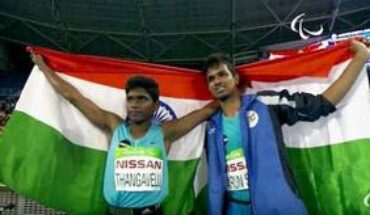BUDAPEST: The democratic process in India has brought about a shift in political power from the middle and higher castes and classes of urban society to the backward classes who are now politically the most influential ones in the country, Vice President Hamid Ansari has said in Budapest.
“They (backward castes) have won reservations for themselves in legislatures and government services as were accorded to the Scheduled Castes and Scheduled Tribes after independence through Constitutional provisions,” said Ansari who is on a three-day official visit to Hungary.
“There are few examples in recent history of such a conspicuous shift of political power, involving such a huge mass of population, taking place in such a short period of time almost without any violence and in a democratic way. This is one more example of the miracles that democracy can create. “So there is much to celebrate, much to be proud of. At the same time, living societies also introspect from time to time, recall their foundational principles and assess the work still to be done,” he said while addressing a seminar on ‘Indian Democracy: Achievements and Challenges’ at the Corvinus University. He said, these, in India’s case, are inscribed in the Preamble and the text of the Constitution. They were amplified in the concluding statement of Bhimrao Ambedkar, the man who chaired the drafting committee. He said the Indian Constitution stipulated universal adult franchise and its basic principles were summed up in a brief and pithy form in the Preamble; its sections on Fundamental Rights and Directive Principles of State Policy made it a socio-economic manifesto. “In other words the superstructure of a democratic polity and a secular state structure, put in place in modern India, is anchored in the existential reality of a plural society,” he said. The Vice President said a word about the nature of Indian society is relevant to contextualise this discussion. India’s population of 1.27 billion comprises of over 4,635 communities 78 per cent of whom are not only linguistic and cultural but social categories. Religious minorities constitute 19.4 per cent of the population, he said. “Much of this is reflective of our cultural past. Indian culture is syncretic in character and, as a historian put it ’embraces in its orbit beliefs, customs, rites, institutions, arts, religions and philosophies belonging to different strata of societies in varying stages of development’. “It eternally seeks to find a unity for the heterogeneous elements which make up its totality. It is a veritable human laboratory where the cross breeding of ideas, beliefs and cultural traditions has been in progress for a few thousand years. The national movement recognised this cultural plurality and sought to base a national identity on it,” he said. –PTI


